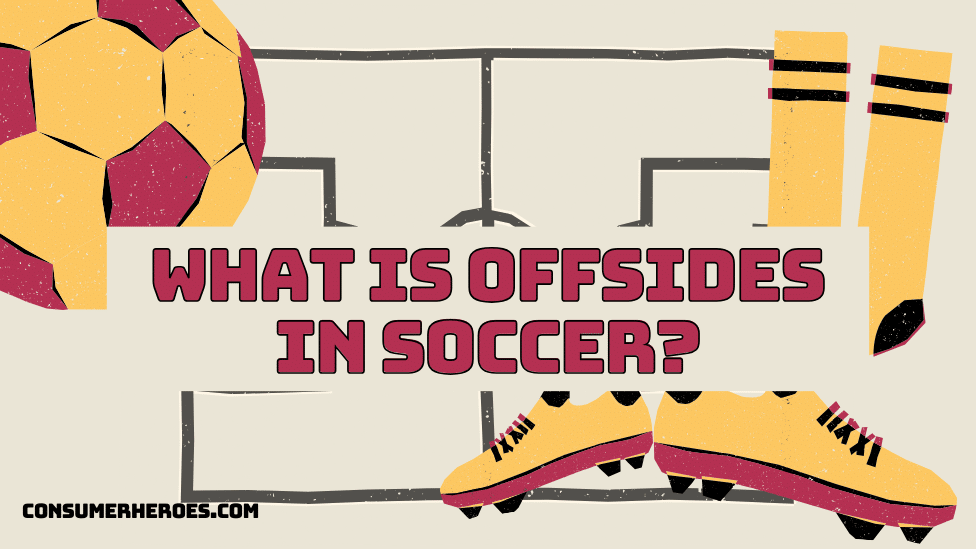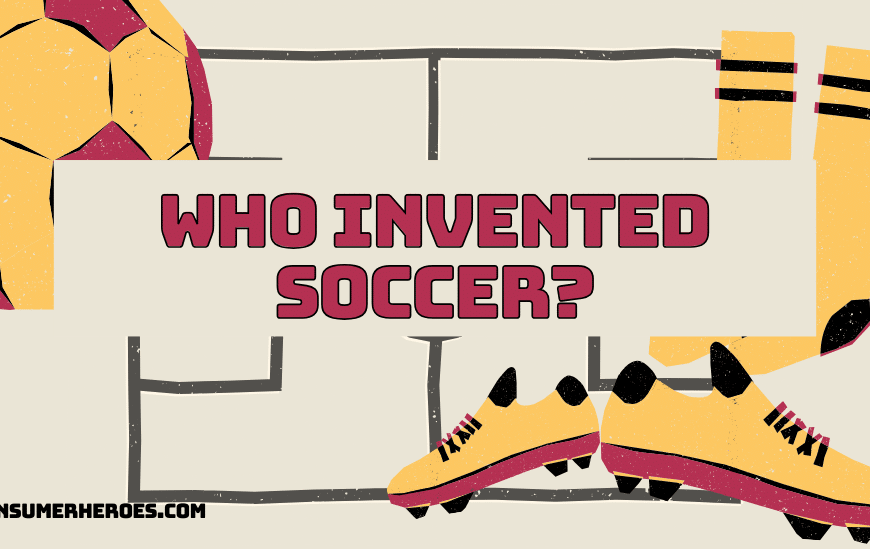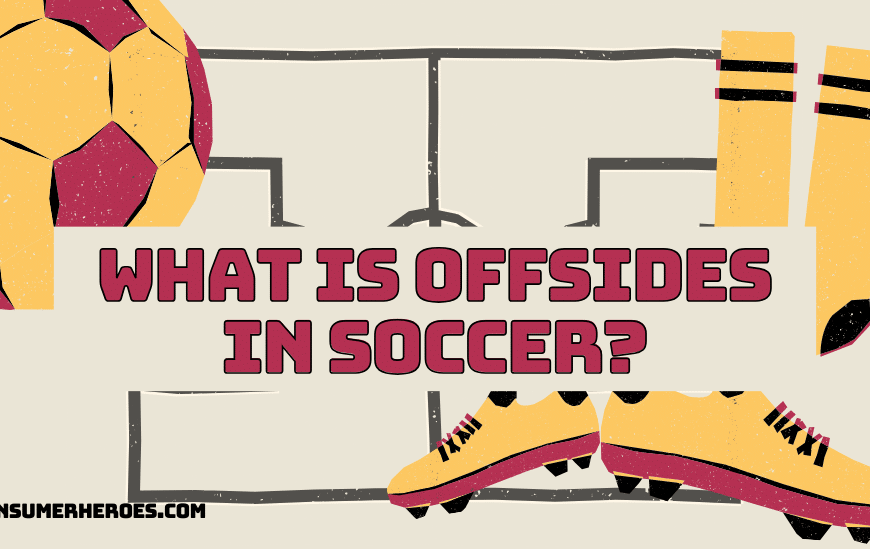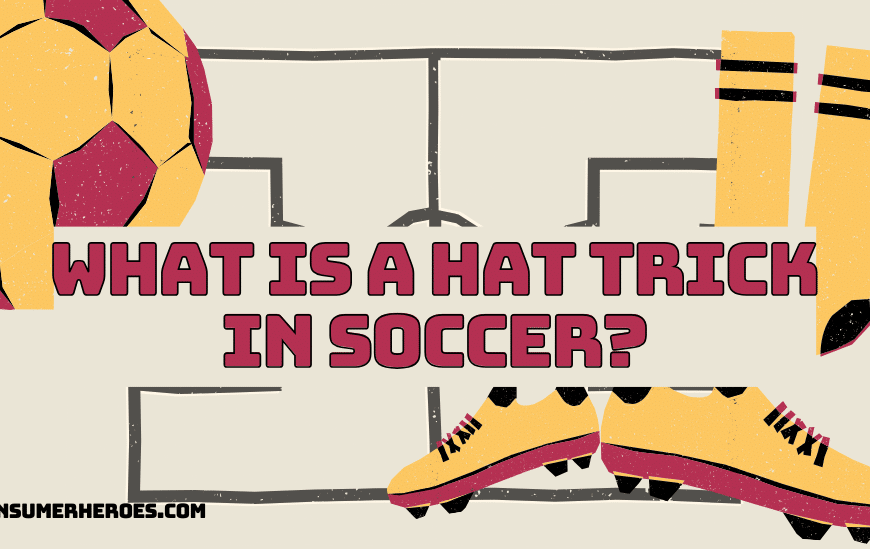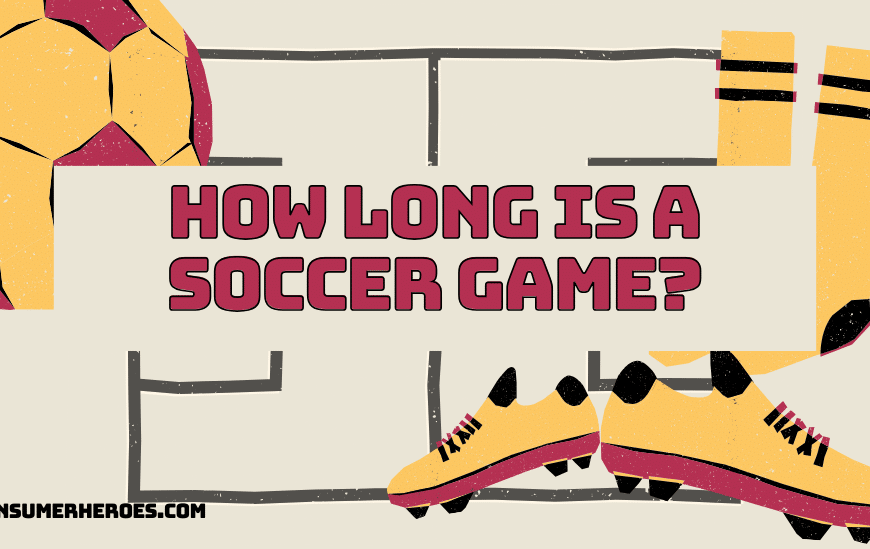Soccer is one of the most popular sports in the world, with millions of fans tuning in to watch games every week. If you’re new to the sport, you might be wondering how long soccer games typically last. The answer is that it depends on the level of play and the specific competition.
At the professional level, soccer games typically last for 90 minutes. This includes two 45-minute halves with a 15-minute halftime break in between. However, the actual time played can vary due to stoppages for injuries, substitutions, and other factors. In some cases, games may last longer if they go into extra time or penalty shootouts.
At the amateur level, such as in youth leagues or recreational leagues, games may be shorter than 90 minutes. For example, youth games may be played in two 30-minute halves, while adult recreational leagues may opt for two 40-minute halves. Regardless of the length of the game, soccer remains a thrilling and exciting sport that’s enjoyed by millions of people around the world.
Duration of Professional Soccer Matches
Professional soccer matches have a standard duration of 90 minutes, divided into two halves of 45 minutes each. However, the actual duration of a soccer match may vary depending on various factors, which are discussed below.
Regulation Time
Regulation time refers to the 90 minutes of play that are split into two halves of 45 minutes each. During regulation time, the clock counts up to 45 minutes for the first half and then restarts at 0 for the second half. The referee has the authority to add extra time at the end of each half to compensate for any stoppages in play, such as injuries or substitutions.
Injury Time
Injury time, also known as stoppage time or added time, is the additional time added by the referee at the end of each half. The amount of injury time is determined by the referee and is usually based on the time lost due to injuries, substitutions, and any other stoppages in play. The referee signals the amount of injury time by holding up a board with the number of minutes to be added.
Extra Time
Extra time, also known as overtime or extra periods, is played when the score is tied at the end of regulation time. Extra time consists of two halves of 15 minutes each, and if the score remains tied at the end of extra time, a penalty shootout is used to determine the winner.
In conclusion, the duration of a professional soccer match is 90 minutes, divided into two halves of 45 minutes each. Injury time is added at the end of each half to compensate for any stoppages in play, and extra time is played if the score is tied at the end of regulation time.
Duration of Youth Soccer Matches
Soccer is a popular sport among children and youth, and many parents and coaches wonder how long soccer matches last for different age groups. The duration of soccer matches can vary depending on the age group, league, and tournament rules. In this section, we will discuss the duration of youth soccer matches for different age groups.
Under 6 to Under 8
For the youngest soccer players, under 6 to under 8, soccer matches typically last for 20-25 minutes per half, with a 5-10 minute halftime break. The game is played with a smaller ball and on a smaller field than adult soccer, and there are usually fewer players on each team.
Under 10 to Under 14
For older youth soccer players, under 10 to under 14, soccer matches typically last for 25-30 minutes per half, with a 5-10 minute halftime break. The game is played with a regulation size ball and on a larger field than younger age groups, and there are usually more players on each team.
Under 16 to Under 19
For high school-aged soccer players, under 16 to under 19, soccer matches typically last for 40-45 minutes per half, with a 10-15 minute halftime break. The game is played with a regulation size ball and on a full-sized field, and there are usually 11 players on each team.
It is important to note that these are general guidelines, and the duration of soccer matches can vary depending on the league, tournament, and specific rules. Coaches and parents should always check the rules and regulations for their particular league or tournament to ensure they are following the proper guidelines.
Factors Affecting the Length of a Soccer Game
Soccer games are generally expected to last for 90 minutes, but the actual duration of a game can vary depending on several factors. In this section, we will explore the different factors that can affect the length of a soccer game.
Stoppage Time
Stoppage time, also known as injury time or added time, is the extra time added to the end of each half of a soccer game. This extra time is added to account for any stoppages in play that occurred during the game, such as injuries, substitutions, or time-wasting tactics by players. The amount of stoppage time added to a game is at the discretion of the referee, who decides how much time should be added based on the amount of stoppages that occurred during the game.
Half Time Duration
The duration of half-time in a soccer game is another factor that can affect the length of a game. Half-time is the interval between the two halves of a game, during which players take a break to rest and rehydrate. The standard duration of half-time in a soccer game is 15 minutes, but this can vary depending on the competition and the rules of the governing body.
Penalty Shootouts
Penalty shootouts are used to determine the winner of a soccer game if the score is tied after the end of regulation time and any additional stoppage time. Penalty shootouts involve each team taking turns to shoot at the goal from the penalty spot, with the team scoring the most goals declared the winner. Penalty shootouts can add extra time to a soccer game, as they can take several minutes to complete.
In conclusion, the length of a soccer game can vary depending on several factors, including stoppage time, half-time duration, and penalty shootouts. These factors are all important to consider when predicting the duration of a soccer game.
Comparing Soccer Game Duration to Other Sports
Soccer is known for being a sport with relatively long game durations when compared to other popular sports. Here is a quick comparison of how long soccer games last in comparison to other sports:
- Basketball: A basketball game typically lasts around 48 minutes, divided into four quarters of 12 minutes each. However, the game can last longer due to timeouts, fouls, and other delays.
- Football: A football game lasts for 60 minutes, divided into four quarters of 15 minutes each. However, the game can last longer due to timeouts, injuries, and other delays.
- Baseball: A baseball game can last anywhere from 2 to 4 hours, depending on the number of innings played. Each inning can last anywhere from 20 minutes to an hour, depending on the number of runs scored and other factors.
- Hockey: A hockey game typically lasts for 60 minutes, divided into three periods of 20 minutes each. However, the game can last longer due to penalties, injuries, and other delays.
In comparison, a soccer game lasts for 90 minutes, divided into two halves of 45 minutes each. However, the actual time played can vary due to stoppages, injuries, and other delays. In addition, soccer games can go into extra time if the scores are tied after 90 minutes.
Overall, while soccer games may seem longer than other sports, the actual time played is not significantly different. However, the lack of timeouts and other stoppages in soccer means that the game is more continuous and fluid, with fewer interruptions.


